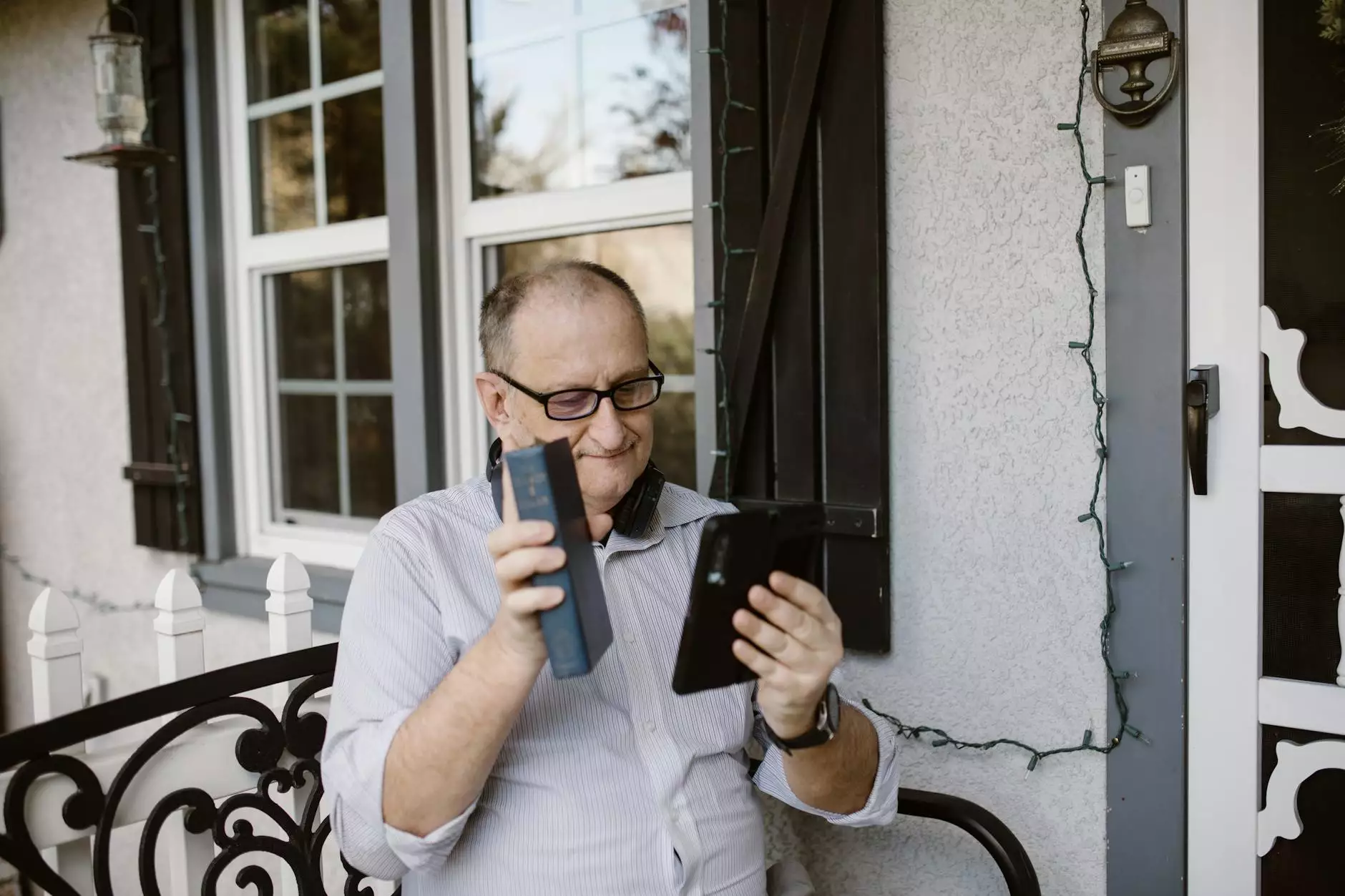Understanding **Counterfeit Certificates**: A Comprehensive Guide

In today's competitive landscape, the significance of educational credentials and professional qualifications cannot be overstated. However, the rise of counterfeit certificates has posed challenges to the integrity of these credentials. This article delves deep into the world of counterfeit certificates, examining their implications, the reasons they are sought after, and the potential risks associated with them. Simultaneously, we will explore how platforms like buyafakediploma.com offer services related to this controversial realm.
What Are Counterfeit Certificates?
Counterfeit certificates are fraudulent documents that purport to represent legitimate achievements, qualifications, or endorsements. These forgeries can range from diplomas and degrees to professional certifications and licenses. The proliferation of technology has made it easier for individuals to produce these fake documents, raising concerns for educational institutions, employers, and society at large.
The Mechanics of Counterfeit Certificates
Creating a counterfeit certificate often involves the use of sophisticated printing technology and graphic design software. Here are some points illustrating how these documents are produced:
- Graphic Design Skills: Counterfeiters typically possess basic graphic design skills, enabling them to produce documents that closely resemble genuine ones.
- Access to Templates: Many counterfeiters utilize templates available on the internet, allowing them to bypass the need for extensive design knowledge.
- Quality Materials: The credibility of a counterfeit certificate often hinges on the quality of paper and printing techniques used.
- Online Resources: With many institutions publishing their templates or using consistent designs, it becomes easier for counterfeiters to replicate them.
Why Do People Turn to Counterfeit Certificates?
The motivations behind obtaining counterfeit certificates are deeply rooted in individual aspirations and societal pressures. Here are some common reasons:
- Job Requirements: Job seekers may turn to forgery to satisfy job requirements or gain a competitive edge in the job market.
- Higher Education: Students who do not have the means or qualifications to attend prestigious institutions may resort to counterfeit diplomas.
- Professional Advancement: Some individuals may seek certifications or licenses they do not possess to advance their careers or gain promotions.
- Social Status: In many societies, academic credentials are tied to social status, prompting individuals to create fake certificates to enhance their image.
Unpacking the Risks of Counterfeit Certificates
While the allure of a quick fix is tempting, the risks associated with counterfeit certificates can be extensive and damaging:
- Legal Consequences: Using a counterfeit certificate can lead to severe legal repercussions, including fines and imprisonment.
- Loss of Employment: If discovered, individuals may face immediate termination, regardless of their performance or contributions.
- Damaged Reputation: The fallout from being caught with fake credentials can severely damage one's professional and personal reputation.
- Impact on Genuine Candidates: The rise of forgeries can devalue the efforts of individuals who earn their qualifications legitimately.
How Businesses Respond to Counterfeit Certificates
In response to the growing concern surrounding counterfeit certificates, many organizations are adopting strategies to combat this issue:
- Verification Processes: Employers and educational institutions are increasingly implementing verification processes to confirm the authenticity of certificates.
- Awareness Campaigns: Organizations are launching campaigns to educate the public about the dangers and implications of using fake credentials.
- Collaboration with Authorities: Many institutions work with law enforcement to address the growing issue of educational fraud.
Legitimate Uses of Counterfeit Certificates
While counterfeit certificates are primarily associated with illegality, there are some instances where replicas are utilized responsibly:
- Commemorative Purposes: Some individuals obtain fake diplomas as humor or commemorative items, acknowledging achievements in a light-hearted manner.
- Theatrical Productions: The film and theater industries sometimes utilize counterfeit certificates as props in their productions.
- Education in Artistry: Graphic design students may create fake certificates as a part of their projects to learn design techniques.
How to Spot Counterfeit Certificates
For employers and institutions, identifying a counterfeit certificate can be crucial. Here are some tips on recognizing fake credentials:
- Check for Inconsistencies: Review the formatting, spelling, and overall presentation of the document for any discrepancies.
- Contact the Issuing Institution: Verify the certificate with the institution listed to ensure that it was actually issued.
- Look for Security Features: Many genuine certificates feature security aspects like watermarks or official seals.
- Research the Credential: Verify the legitimacy of the institution and whether the credential is recognized.
Conclusion: Navigating the Landscape of Counterfeit Certificates
The prevalence of counterfeit certificates poses significant challenges to educational integrity, professional environments, and societal trust. Understanding the implications of these forgeries is essential for employers, educational institutions, and individuals alike. As businesses like buyafakediploma.com operate within this space, it’s crucial to differentiate between genuine and fraudulent offers. By prioritizing authentic qualifications, we can contribute to a more trustworthy and reputable professional landscape.
Further Resources
If you are interested in learning more about counterfeit certificates, consider exploring the following resources:
- Education Corner – Insights on education-related matters.
- Employment Law Handbook – Understanding the legal implications of employment practices.
- Forbes – Articles on business integrity and contemporary workplace issues.
By arming yourself with knowledge and being proactive, you can safeguard your career and enhance your understanding of the significance of authentic educational credentials.









